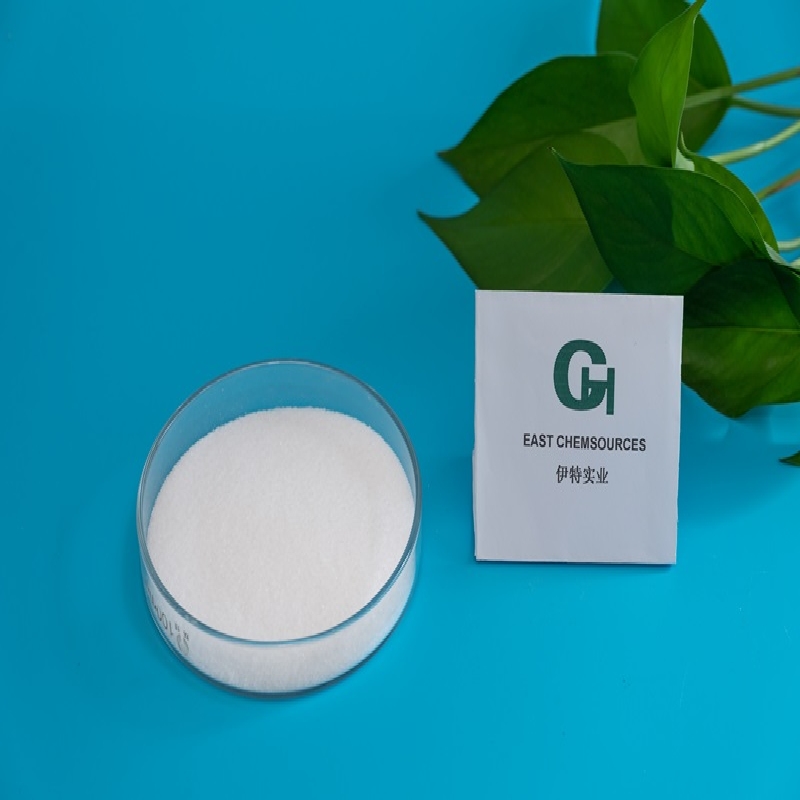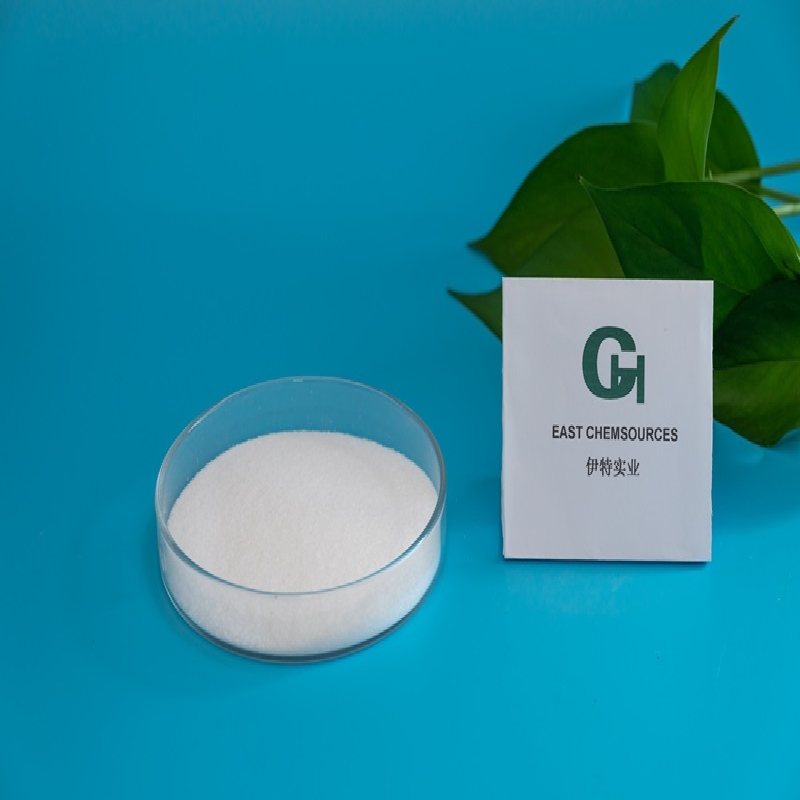-
Categories
-
Pharmaceutical Intermediates
-
Active Pharmaceutical Ingredients
-
Food Additives
- Industrial Coatings
- Agrochemicals
- Dyes and Pigments
- Surfactant
- Flavors and Fragrances
- Chemical Reagents
- Catalyst and Auxiliary
- Natural Products
- Inorganic Chemistry
-
Organic Chemistry
-
Biochemical Engineering
- Analytical Chemistry
- Cosmetic Ingredient
-
Pharmaceutical Intermediates
Promotion
ECHEMI Mall
Wholesale
Weekly Price
Exhibition
News
-
Trade Service
Prescription opioids are increasingly used in patients with chronic non-cancerous pain, including those with IBD, with the latest figures showing that between 2005 and 2012, the number of prescriptions for weaker opioids in the UK doubled, while the number of prescriptions for strong opioids increased sixfold.
have reported that the use of chronic opioids is associated with poor clinical outcomes of inflammatory bowel disease.
study aims to explore the link between the use of chronic opioids and the persistence of biologics in the treatment of inflammatory bowel disease.
reviewed from the database a total of 16,624 patients diagnosed with inflammatory bowel disease between 2011 and 2016 who received their first biological prescriptions.
used outpatient prescriptions to identify 1,768 patients as chronic opioid users.
also collected information on the use of health care and common mergers.
The Cox Regression Model was established to assess the harm of long-term opioid use to the early deactivation of biological therapy to control the severity of the disease.
study showed that patients with inflammatory bowel disease who used opioids used opioids used an average of 1.5 different biological agents (compared to a comparison group of 1.37; P.lt;0.0001).
the end of the trial, a lower proportion of people with long-term opioid use continued to perform biotherapy (16.2% VS 33.5%, P.lt;0.0001).
of chronic opioids use more medical resources than the reference population, and the risk of co-infection is higher.
patients who used opioids for a long period of time were 23 percent more likely not to adhere to biotherapy (risk ratio 1.23; 95 percent CI .16-1.31).
study confirms that long-term opioid use is associated with an increased risk of stopping biologics in inflammatory bowel disease.
opioid withdrawal symptoms may be similar to IBD recurrence, causing providers to improperly switch between biotherapy and impair disease control.







